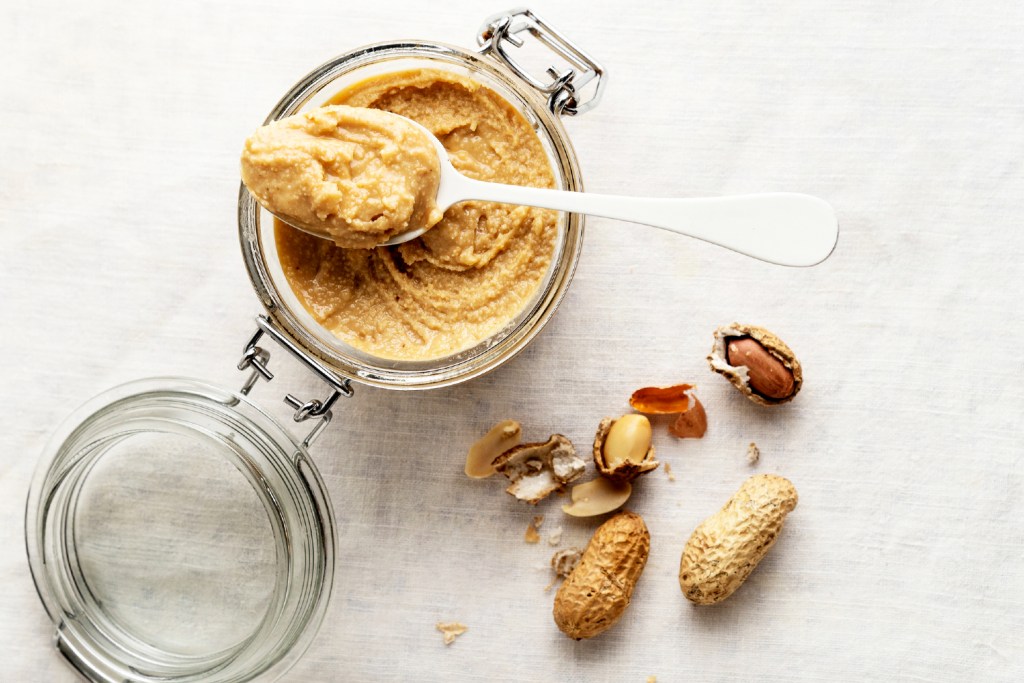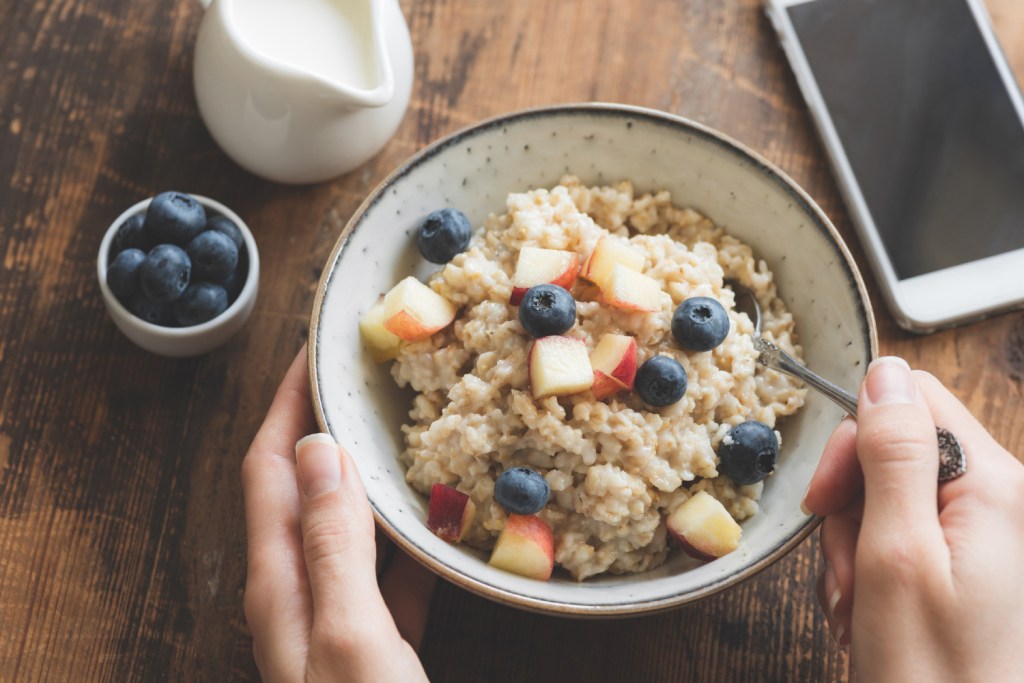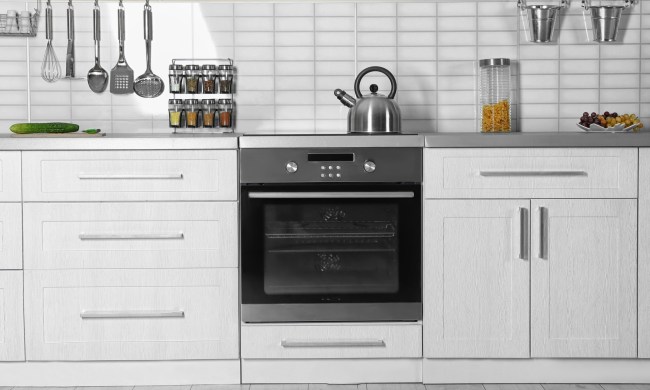It seems like there is always a new food or diet being added to the list of things that are good for you. The superfoods that grace lifestyle magazine covers one day are debunked as unhelpful fads just weeks later. However, some research has remained constant throughout the years, like the fact that plant-heavy diets are linked to lower levels of bad cholesterol, lower blood pressure, and fewer instances of heart disease. In addition to all the historical data supporting this diet, new analysis has uncovered that adding three specific foods, and removing one other, could add up to ten years to your life.
Have you ever wondered, “What should I be eating?” A group of researchers from the University of Bergen in Norway conducted a meta-analysis, a synthesis of many scientific studies, to determine if certain foods can impact life expectancy. Ultimately, the study found that longer life expectancy is linked to diets that lack red meat but are full of nuts, whole grains, and legumes. This conclusion may not be surprising, as it sounds similar to general healthy eating tips: fewer burgers, more salads, and less starchy bread. However, the key to a long and happy life isn’t following this diet plan strictly. Instead, it’s better to envision it as a lifestyle change that still allows you to enjoy your favorite foods, even the “unhealthy” ones, in moderation.
Ready to live a longer and happier life? Read on for tips on the best foods for eating healthy!

Whole grains
Whole grains are packed with protein and fiber and are relatively easy to work into your diet. Filling up on oatmeal is one way to start your day with a dose of whole grains, but there are many others out there.
We recommend adding millet to your diet as well, a lesser-known cereal grain, not dissimilar to quinoa, that is gluten-free and high in iron, protein, and fiber. It’s especially delicious in salads or when substituted for rice. You can also incorporate barley, rye, and whole wheat bread into your diet to get your fill of life-lengthening carbohydrates.
Nuts
Nuts contain healthy fats and, like whole grains, high doses of protein and fiber. Nuts can be expensive, but there’s a more affordable way to incorporate them into your diet: nut butter. From peanut butter to soy nut butter, a schmear on whole-grain bread or a tablespoon in your morning smoothie is a great way to start the day. You can also sneak nut butter into salad dressings, muffins, and homemade sauces. Just be sure to pick nut blends without added sugar or preservatives, as those can detract from an otherwise fresh and healthy snack.
Legumes
Legumes, like chickpeas and lentils, are also full of the fiber and protein needed to keep you feeling fuller for longer. Legumes are super versatile, tasting great as they are when roasted and salted, and even better when formed into mouth-watering veggie burgers.

Avoid red meat
In addition to incorporating all of the above foods into your regular diet, the researchers suggest decreasing your intake of processed and red meats. If you’re concerned about getting your fill of protein, don’t worry. The whole grains listed above are high in this macronutrient so you don’t need to rely on burgers and steaks to keep your muscles strong. Regularly eating red meat can raise your risk of heart disease, certain cancers, stroke, and type 2 diabetes, so be sure to eat it sparingly. There’s no need to cut it out entirely, however. Start by following Meatless Mondays or Vegan Fridays, and you’ll be well on your way to increasing your life expectancy.
Fads come and go (thank goodness the cigarette diet has fallen out of vogue), but eating a fresh, balanced diet of fruits, vegetables, complex carbs, and lean protein will always serve you well. Consistently incorporating nuts, legumes, and whole grains into your daily food routine while cutting back on red meats can add years to your life and ensure you’re ready to take on the day, every day.
A healthy diet is only as good as it is sustainable, so don’t be afraid to start small. Instead of starting your day with a slice of white bread slathered in butter, opt for whole-grain toast topped with an almond spread. Try replacing rice with quinoa and substituting a beef patty for a chicken burger. As long as you listen to your body and enjoy delicacies in moderation, you may be able to live a longer, healthier life.



